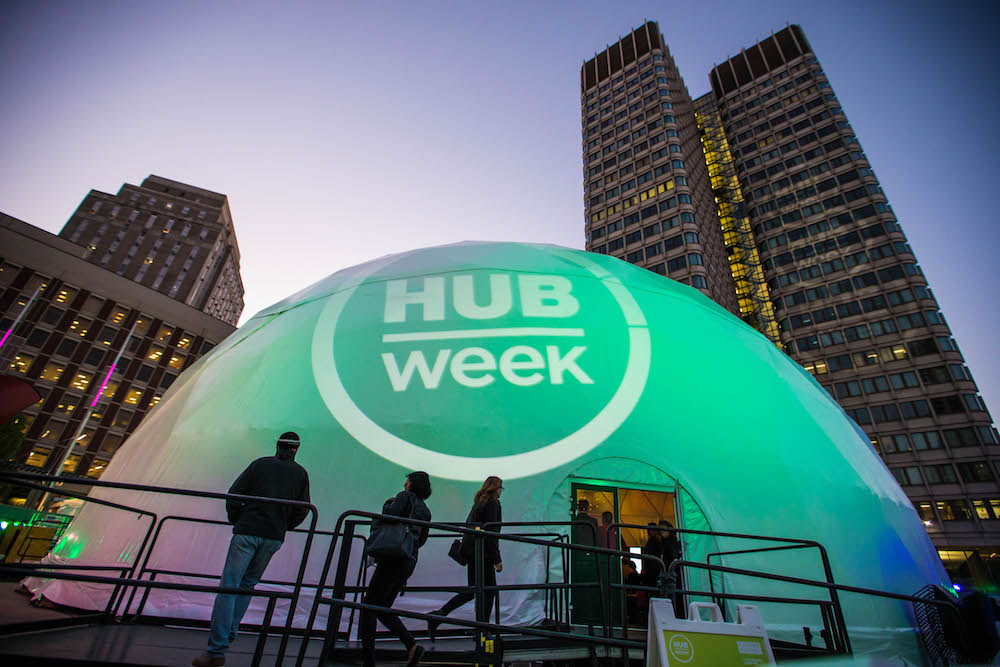With most of the world halted and spending time indoors due to the global pandemic, researchers have reported significant drops in air pollutants and warming gases in certain cities and regions, including the Northeast. Whether that will have lasting effects on global warming and climate change is another question, but the findings are a glimpse into just how much our everyday activity affects our environment.
With environmental issues being reasonably overshadowed by news surrounding COVID-19 for the time-being, we wanted to offer you some easy ways to go green from home and when doing your essential chores:
- Look into signing up for local renewable energy from your utility company. Many buildings in the Boston area have the option to choose renewable energy. You can research your options and learn more here.
Bonus: Next time you need a new dishwasher, laundry machine, or other home appliances, purchase one that is ENERGY STAR Certified. - Install energy-saving light bulbs. The next time you need to replace your lights, purchase ENERGY STAR certified light bulbs — they use 70-90% less energy than conventional bulbs and last up to 15 times longer! Remember to always turn them off whenever you leave a room.
- Try Meatless Monday. Have you tried a Beyond or Impossible Burger? They’re almost better than the real thing. You don’t have to go full vegan if it’s not for you, and experts say even one day of refraining from meat can help to lower greenhouse gas emissions.
- Buy local. While most of us have been stocking up to stay indoors, consider shopping for your groceries from local producers and distributors to lower carbon emissions while supporting the local economy. Here’s a good list with some options to get you started.
- Reduce food waste - If you're fortunate enough to afford stocking up on groceries, try only purchasing what you know you'll eat in two weeks. 40% of the food produced in the US never gets eaten, causing both wasted dollars and environmental burden from greenhouse gas emissions. Consider planning your meals, buying only what you need, and managing your portions to minimize food waste.
For more on the importance of addressing climate change, watch this conversation from HubWeek 2018 with some of Boston’s lead environmental professionals.
